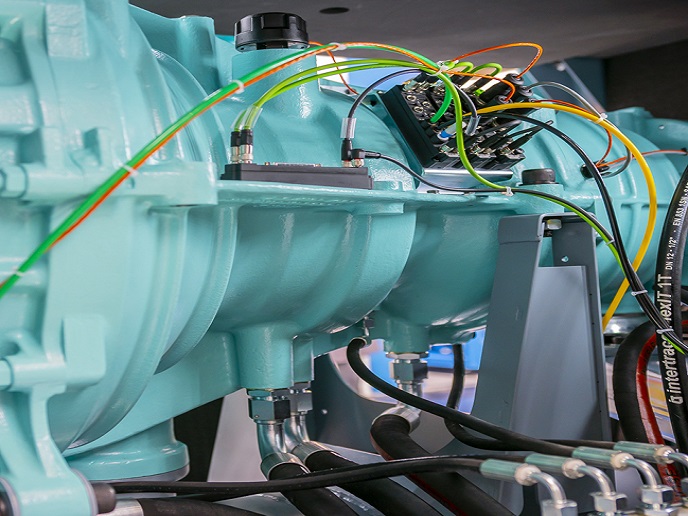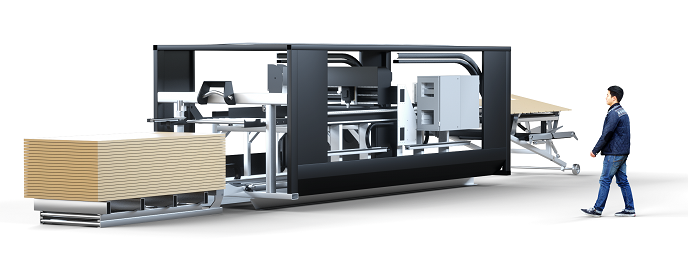Turning sewage sludge into a useful resource
Wastewater treatment creates sewage sludge; however, current methods of treatment are inefficient as they are highly energy intensive and contribute to greenhouse gas emissions. The END-O-SLUDG (Marketable sludge derivatives from sustainable processing of wastewater in a highly integrated treatment plant) project sought to develop a holistic system for sustainable sludge management. The consortium focused on five critical areas of sludge management: reduction, treatment, downstream processing of derivatives, market development and sustainability. Dissolved air flotation (DAF) was studied as a method for reducing the volume of sludge produced and a pilot-scale trial was conducted. By combining DAF with primary sedimentation, 99 % of total suspended solids can be removed. Moreover, a reduced organic load also means at least a 25 % overall reduction in the volume of sludge requiring final disposal. Traditional digestion techniques release less than half of the potential available biogas. The team addressed this problem by using inverted phase fermentation to split the sludge into water and solids. These were then converted to biogas in smaller, more efficient digesters. More biogas can be released during secondary digestion by breaking the sludge down further through micro-milling. Sludge management's ultimate aim is to remove the need for disposal and instead transform the material into value added products. END-O-SLUDG made a significant breakthrough with the discovery of BIOPOL, a crude biopolymer product that is derived from digested sludge. Digested sludge residue made up of different types of biopolymers therefore represents a huge untapped resource from wastewater. Project partners also showed that organo-mineral fertiliser (OMF) from sludge can replace common crop fertiliser products for crop production. They designed and tested a new manufacturing process for OMF to produce a granular, free flowing, dust-free product with a guaranteed nutrient content. In addition, market and safety data, technical performance results and environmental findings were collated and presented to the regulators to support OMF's end-of-waste status as a new safe sludge derivative. The methodologies and knowledge gained through END-O-SLUDG will help in the development of long-term sludge management plans and the creation of innovative holistic solutions for sludge treatment. It will also help sludge to be viewed in the future as a valuable resource rather than a waste product and achieve significant carbon savings for the water industry.







